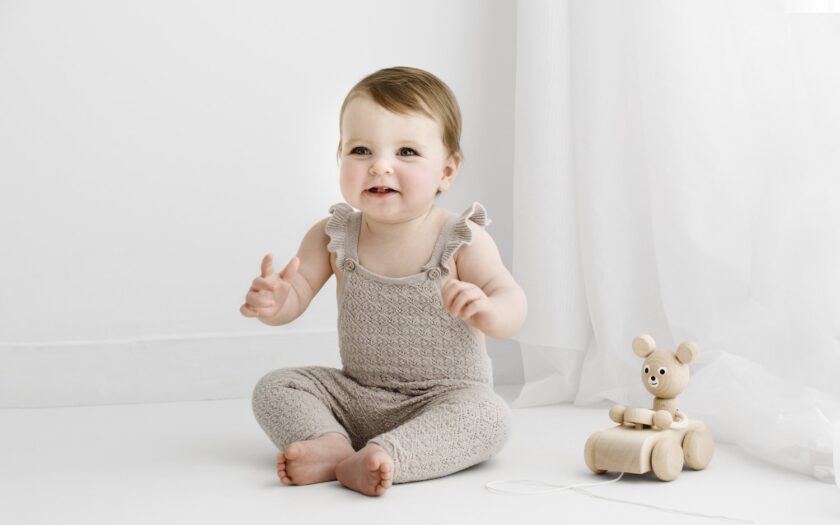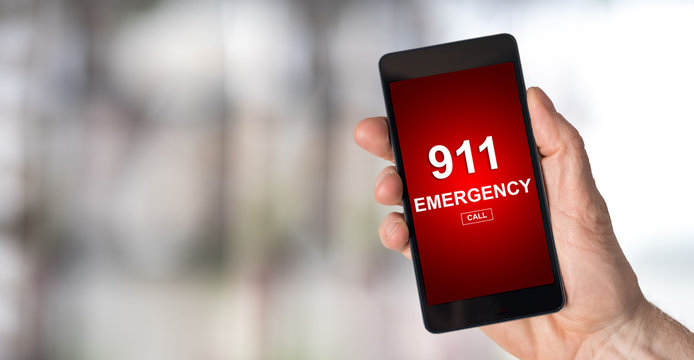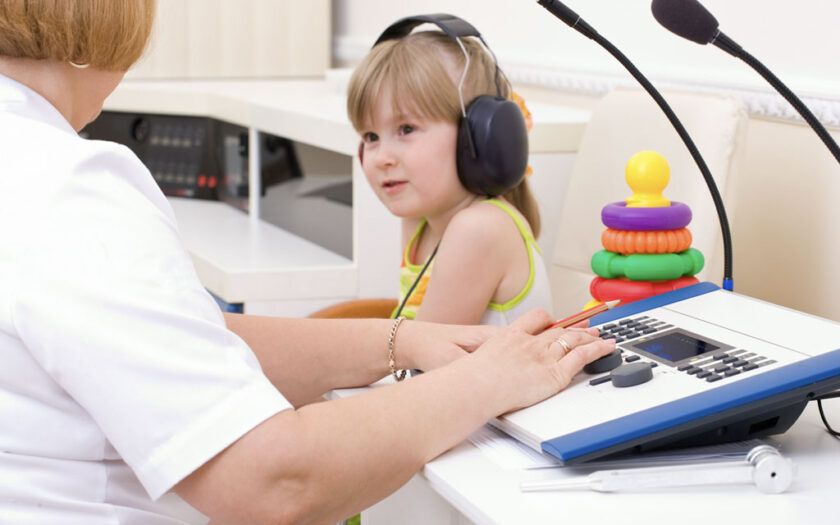During the first three months of life, your baby is rapidly developing and starting to engage more with the world around them. Here’s what you can expect and how you can support their learning and play during this time:
What Your Baby Is Learning
- Recognition of Comfort: Your baby will become more familiar with your voice, face, and touch, associating them with comfort and security.
- Smiling and Vocalizations: By around 2 months, your baby will begin smiling in response to you and may make gurgling sounds, showing a growing connection.
- Motor Skills: Babies start to open and close their fists and can hold objects, such as a rattle. This early hand-eye coordination helps them learn that their actions cause things to happen (e.g., making a noise by shaking the rattle).
How You Can Help Your Baby Learn
- Engage in Conversation: Respond to your baby’s vocalizations with sounds and expressions of your own to encourage communication. This back-and-forth interaction supports language development.
- Provide Stimulating Toys: Offer toys of various colors, textures, and sizes to encourage your baby to explore. Toys that dangle (like those in an infant gym) are perfect for encouraging reaching and swatting motions.
- Interactive Play: Hold toys just out of your baby’s reach to encourage them to reach, grab, and swat. This fosters coordination and problem-solving.
Encouraging Play
- Physical Activities: Gently move your baby’s arms and legs in different motions, like stretching or pedaling, to encourage muscle strength and coordination.
- Facial Expressions: Make different facial expressions and encourage your baby to imitate them. This helps with emotional and social development.
- Reading: Even though your baby won’t understand the words, reading to them fosters bonding and early language skills.
- Tummy Time: Place your baby on their tummy while awake to strengthen their neck and shoulder muscles. Always supervise tummy time and ensure your baby is comfortable. Avoid tummy sleeping, as back sleeping is recommended to reduce the risk of SIDS.
When to Call the Doctor
While developmental milestones vary, if you’re concerned about your baby’s sight, hearing, or overall development, it’s always best to reach out to your pediatrician. They can help guide you and provide reassurance.
By providing a stimulating, loving environment and engaging in these simple activities, you’re supporting your baby’s growth and development during this exciting time.



